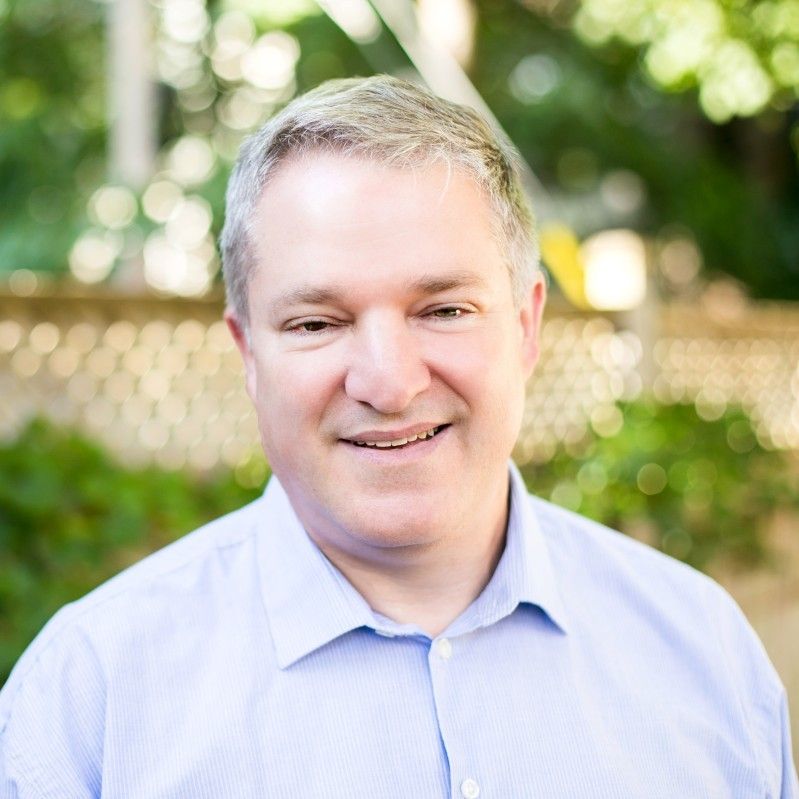
Professional Advisors and Philanthropy: Helping Clients Give Effectively to Good Causes
Enroll in Course
Professional advisors can play a key role in helping clients understand options relating to philanthropy. Whether it is lawyers, accountants, investment advisors or many other types of professionals, having a solid understanding of charities and philanthropy can be very useful. Many clients, at a certain point in their lives, are more interested in giving money away than making it. Professional advisors need to understand this change or be at risk of prematurely losing their most valuable clients. Professional advisors and their use of networks and subject matter experts can add tremendous value to their clients.
The course content was recorded on November 26, 2024
As many philanthropists have found, giving money away can be pleasurable or painful. It is often more difficult to donate effectively than it is to earn the money in the first place. Canadians donate about $22 billion per year and professional advisors can assist clients in being more strategic and creating a greater impact in the use of their charitable resources.
Some professional advisors are reluctant to bring up the topic of philanthropy with their clients – thinking of it as a highly personal or emotional topic. Some professional advisors are concerned that they don’t understand philanthropy and don’t want to talk to their clients about topics that they are not comfortable with.
In this course, charity lawyer Mark Blumberg discusses:
• What is a Philanthropist? Why being a philanthropist can be seen as a bad thing by some?
• What is planned giving and how can this affect your clients’ choices?
• The importance of values when analyzing charities
• Why all charities are not equal and bad ways to pick a charity
• Many important elements in understanding a good, effective, reliable and sustainable charity
• Red flags with charities and how you and your clients can avoid embarrassment and involvement with a charity scam
• Charity ratings and ratios – how you can be confidently wrong in picking charities
• Ideas and resources for due diligence on charities
• Why a major gift is not a merger and acquisition
• Information gleaned by donors and reporters from public filings and why public filings are not always accessible to the public
• How to reduce costs and increase the impact of giving
This course is geared towards professional advisors who are interested in philanthropy.
Your Instructor

Mark Blumberg is a lawyer at the law firm Blumbergs Professional Corporation (Blumbergs) in Toronto and works almost exclusively advising non-profits and registered charities on their work in Canada and abroad. Mark has written numerous articles, is a frequent speaker on legal issues involving charity and not-for-profit law. He is the editor of a blog, www.CanadianCharityLaw.ca, and created the largest portal of data on the Canadian charity sector, www.CharityData.ca Mark also edits www.SmartGiving.ca, which provides information on due diligence when selecting charities.
Mark is particularly interested in the regulation of non-profits and charities in Canada, philanthropy, transparency requirements for the voluntary sector, providing accessible information on regulatory issues, and the use of data to make more informed decisions on the charity sector.
Mark is quoted regularly in print media and frequently appears on radio and television on topics relating to philanthropy and the regulation of charities in Canada. Mark has also appeared on a number of occasions in front of the House of Commons Standing Committee on Finance on topics such as charity regulation, transparency, accountability and tax incentives for philanthropy. Mark has testified at the Special Senate Committee on the Charitable Sector, the Standing Senate Committee on National Finance and the House Committee on Access to Information, Privacy and Ethics.
Mark has also made presentations to the Charities Directorate Annual All Staff Meeting as well the Annual Divisional Staff Meeting of the Determinations Section of Charities Directorate. Mark presented to the Financial Action Task Force (FATF) when the FATF conducted an evaluation of anti-money laundering and counter-terrorism in Canada in 2015.
Mark sat for 4 years on the Charities Directorate Technical Issues Working Group, which is a bi-annual meeting between the Charities Directorate, the Department of Finance and the charity sector to discuss technical and policy issues pertaining to registered charities and the Income Tax Act (Canada). Mark is a member of the Exempt Organizations Committee of the American Bar Association. Mark spent 6 years on the Advisory Committee for the Master of Philanthropy and Nonprofit Leadership (MPNL) at Carleton University. Mark is on the Board of the Canadian Charity Law Association.
Mark has co-authored 20 Questions Directors of Not-for-Profit Organizations Should Ask About Mergers (Published by CPA Canada) and co-wrote a chapter on International Trends in Government-Nonprofit Relations: Constancy, Change, and Contradictions in Non-profits and Government: Collaboration and Conflict in Non-profits and government: collaboration and conflict (Edited by Elizabeth T Boris and C Eugene Steuerle)
Mark frequently lectures to various industry and professional groups on charity compliance issues including the Chartered Professional Accountants Canada (CPA Canada), as well as CPA Ontario, BC and Alberta, the Canadian Bar Association, Ontario Bar Association, Canadian Association of Gift Planners, Association of Fundraising Professionals, Ontario Hospital Association, Ontario Non-profit Network, and many other organizations.
Mark has a B.A. in Political Science from the University of Toronto, an LLB from the University of British Columbia and an LLM from Osgoode Hall Law School in Tax Law.
